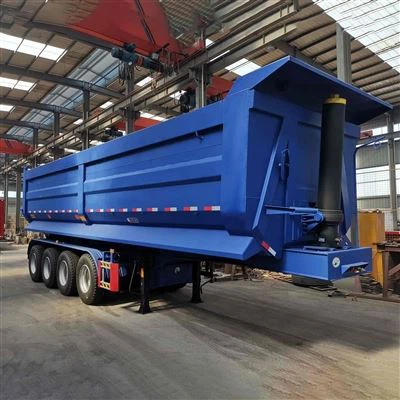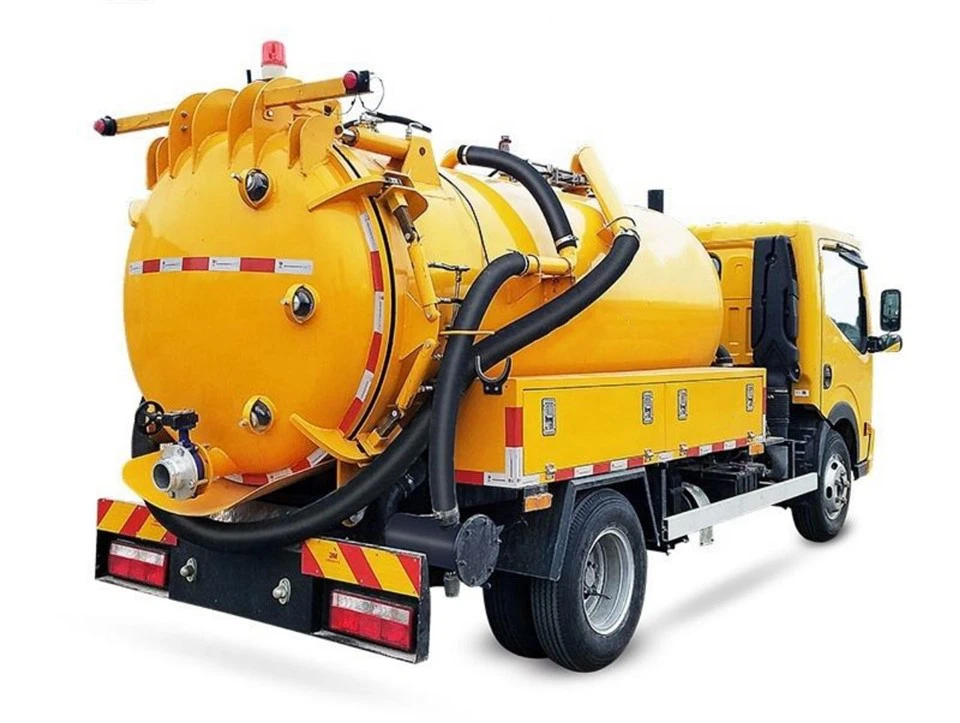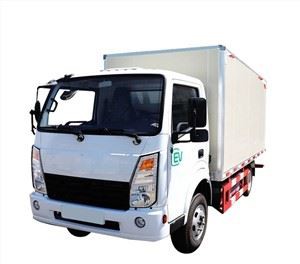Understanding Garbage Recycling Trucks: Your Ultimate Guide

As environmental concerns continue to grow, garbage recycling trucks have become an essential part of waste management. This article will provide a thorough overview of garbage recycling trucks, their functions, types, and their crucial role in our communities. Whether you’re interested in purchasing one, understanding their mechanics, or simply curious about how they contribute to sustainability, this guide has you covered.
What is a Garbage Recycling Truck?
A garbage recycling truck is a specialized vehicle designed to collect recyclable materials from residential and commercial areas. These trucks play a pivotal role in reducing waste sent to landfills by efficiently gathering materials such as plastics, metals, paper, and glass for processing and reuse.
The Importance of Garbage Recycling Trucks
Recycling efforts rely heavily on the efficiency of garbage recycling trucks. By facilitating the separation of recyclable materials from general waste, these trucks help promote a sustainable approach to waste management. The benefits include:
- Reduction of landfill waste
- Conservation of natural resources
- Reduction in greenhouse gas emissions
- Job creation in recycling facilities
How Garbage Recycling Trucks Work
1. The Collection Process
Garbage recycling trucks operate on a standard collection schedule. Here’s how the process generally works:
- Route Planning: GPS technology and data analytics help plan efficient routes for minimal fuel consumption.
- Material Collection: Trucks use hydraulic lifts or claws to pick up recycling bins or bags from designated points.
- Container Tilting: The contents are dumped into a larger holding container inside the truck.
2. Compaction of Materials
Many garbage recycling trucks are equipped with mechanisms to compact waste, which maximizes the amount collected before needing to unload. This helps save trips to processing facilities and reduces fuel usage.
Types of Garbage Recycling Trucks
1. Rear Loader Recycling Trucks
Rear loader trucks are common for residential collection. They feature a back-loading design where waste is manually or automatically loaded into the truck.
Advantages:
- Compact design suitable for narrow roads.
- Lower operating costs.
2. Side Loader Recycling Trucks
These trucks have a side-loading feature that allows for an efficient collection of recycling bins. They are often automated, minimizing manual labor.
Advantages:
- Higher capacity due to automated systems.
- Enhanced safety for operators.
3. Front Loader Recycling Trucks
Front loaders are typically used in commercial settings for larger bins. The cab’s front loader allows for quick collection of heavy-duty items.
Advantages:
- Increased efficiency in high-volume areas.
- Better for bulky waste materials.
Choosing the Right Garbage Recycling Truck
1. Assess Your Needs
Consider factors such as:
- Volume of recyclables
- Type of materials collected
- Frequency of pickups
2. Environmental Impact
Opt for trucks with lower emissions and higher fuel efficiency to align with sustainability goals.
3. Budget Considerations
While initial costs are essential, consider ongoing maintenance and operational costs. A more expensive model may offer long-term savings through fuel efficiency and lower repairs.

Benefits of Using Garbage Recycling Trucks
1. Environmental Protection
By effectively separating recyclables from general waste, these trucks help reduce pollution and conserve resources.
2. Community Engagement
Public awareness about recycling increases when communities see garbage recycling trucks in action, encouraging more residents to participate in recycling programs.
3. Economic Benefits
Investing in recycling infrastructure can lead to job creation and stimulate the local economy through recycling processing and manufacturing jobs.
Challenges Faced by Garbage Recycling Trucks
1. Contamination of Recyclables
One of the biggest challenges faced is the contamination of recyclable materials, which can compromise entire loads. Education is key to reducing this issue.
2. Maintenance and Repairs

Heavy usage can lead to wear and tear. Regular maintenance is essential to keep the trucks running efficiently, ensuring minimal downtime.
3. Budget Constraints
Many municipalities face budget limitations that can restrict their ability to purchase and maintain modern, efficient recycling trucks.
Future of Garbage Recycling Trucks
1. Technological Advancements
With advancements in technology, garbage recycling trucks are becoming smarter, more efficient, and more environmentally friendly. Examples include:
- Automated sorting systems that identify recyclables on the go.
- Electric and hybrid models to reduce carbon emissions.

2. Policy Changes
Government interventions and policies promoting recycling will continue to influence the design and implementation of garbage recycling trucks.
Practical Examples of Garbage Recycling Truck Operations
1. Case Study: Waste Management Inc.
This leading company utilizes a fleet of side loader trucks equipped with state-of-the-art compaction systems, allowing them to maximize their recycling efforts while minimizing their environmental footprint.
2. Case Study: City of San Francisco
San Francisco has implemented a zero waste program, using front loader recycling trucks for commercial accounts, and their efforts have resulted in one of the highest recycling rates in the U.S.
FAQs About Garbage Recycling Trucks
1. What types of materials can garbage recycling trucks collect?
They can collect a wide variety of materials, including plastic, cardboard, glass, and metal. Some trucks are specialized for specific materials.
2. How often do garbage recycling trucks operate?
Collection schedules vary by municipality, typically ranging from weekly to bi-weekly pickups.
3. Are garbage recycling trucks environmentally friendly?
Many modern trucks are designed to minimize emissions, and their purpose significantly contributes to environmental sustainability.
4. What should I do if my recycling bin was missed?
Contact your local waste management authority for guidelines on missed pickups. They may provide a schedule or instructions for reporting issues.
5. Can anyone use garbage recycling trucks?
Recycling trucks generally service residential and commercial properties. Some neighborhoods have specific regulations regarding recycling practices.
6. What happens to recyclables after they are collected?
After collection, materials are taken to recycling centers where they are sorted, cleaned, and processed into new products or reused in manufacturing.
